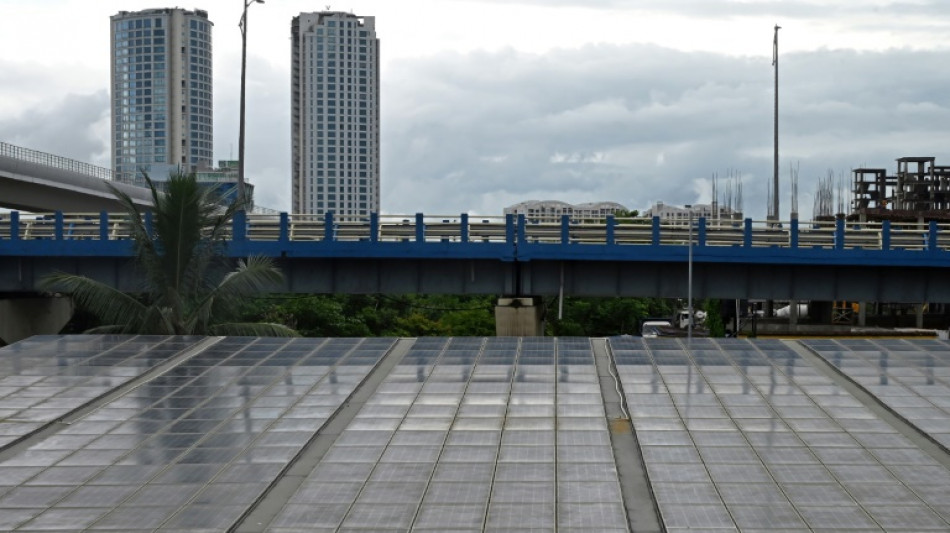

India must rapidly scale solar to reach renewable targets: study
India needs to increase its solar energy capacity by 36 percent a year for at least the next half-decade to meet its energy mix goals, an analysis said Tuesday.
It also urgently needs grid upgrades and more storage capacity to deal with the intermittent nature of renewable energy sources, according to the report from UK-based energy think tank Ember.
But there are signs of progress in the world's most populous country, which is heavily reliant on polluting coal for energy generation.
Investments in the renewable sector are growing, and India commissioned a record amount of solar capacity this year, Ember said.
The report takes India's National Electricity Plan (NEP), unveiled earlier this year, as a starting point.
The document, covering the decade to 2032, projects India will continue to rely on coal, but with renewables making up an ever-greater share of its power generation mix.
While solar accounted for just five percent of India's total electricity generation in financial year 2022, the NEP projects it will make up 25 percent within a decade.
But achieving that will require a massive ramp-up of capacity every year for at least the next half-decade.
And India needs better storage solutions to address the variable supply of sources like solar and wind.
Failure to do so could cause power cuts, and "put pressure on state and national planners to hastily plan for increasing the coal capacity, which could result in future lock-ins," the report warned.
India, this year's G20 host, has seen its per capita coal emissions rise 29 percent in the last seven years and has shied away from any policy to phase down coal.
T.McGilberry--NG



